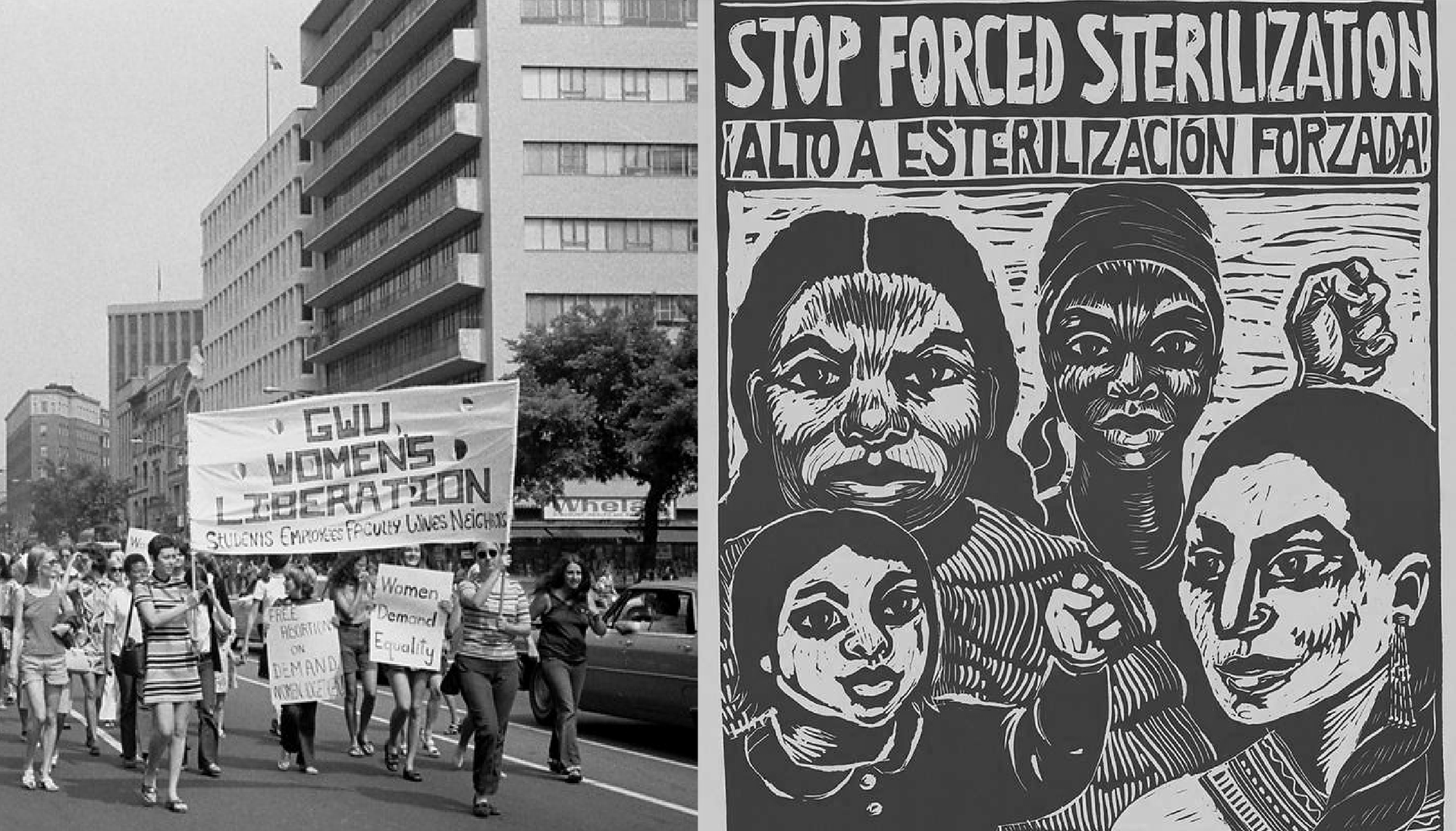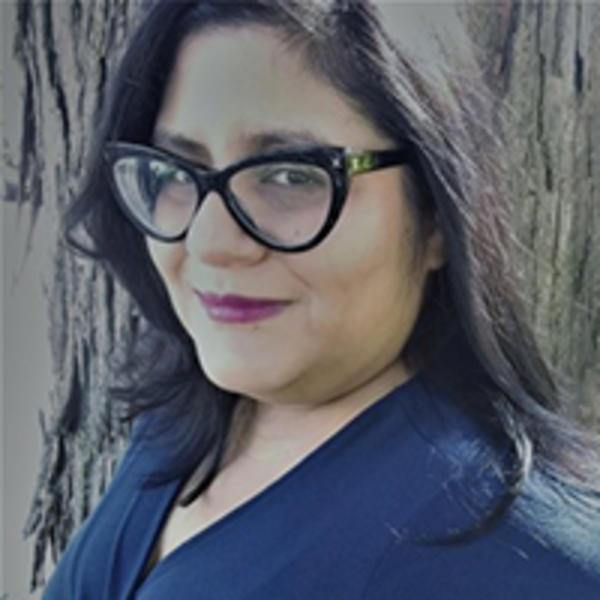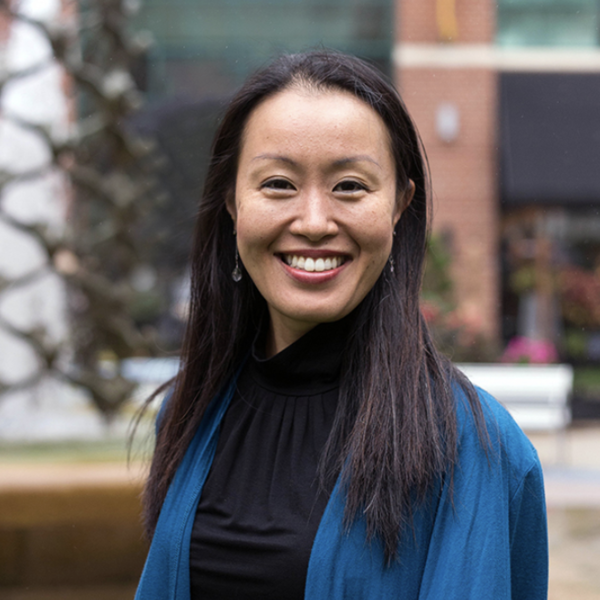
Additional Details
Counterspaces: BIPOC Pasts, Presents, and Futures in Medicine is a workshop dedicated to providing a safe and welcoming space for those who self-identify as Black, Indigenous, and People of Color (BIPOC, including those claiming multi-racial identities) in the medical and health services communities. This two-hour workshop will be a space for community members to reflect, express, and share their own stories through creative writing and poster making and will be led by Dr. Angie Mejia (sociologist) and Yuko Taniguchi (poet).
Read the Reflection Essays from the Workshop
Yuko Taniguchi: Counterspaces in Medicine
Dr. Angie Mejia: Harnessing Creativity and Discomfort to Make Positive Change in Medicine
About the Workshop
This workshop draws inspiration from Just Yesterday, a summer 2021 outdoor installation at Weisman Art Museum, which invited reflection and contemplation of systematic injustice through bold and colorful posters that contain iconic pop culture references, and Counterspaces at Rochester Art Center, a collective healing project for Rochester community members who have been impacted by the existing and increasing acts of racialized violence against Asian Americans and Pacific Islanders (AAPI) and Black, Indigenous, and People of Color (BIPOC).
For this workshop, we will incorporate the biomedical historical context and reflect on the practice of healthcare as it intersects with past systematic injustices. In the workshop, participants will be invited to express their stories through free-writing, connect with others, and create bold, colorful posters, informed by their own writing. The workshop will be open to any Black, Indigenous and People of Color who would like to contemplate the themes of silence, centering/uplift, and change in medical communities.
Angie Mejia, Ph.D.
Angie Mejia, Ph.D., is Assistant Professor and Civic Engagement Scholar at the Center for Learning Innovation at the University of Minnesota Rochester. As a sociologist and educator forever in a state of nepantla, she encourages others to serve as bridges by introducing them to Black, Feminist of Color, and transnational feminist theories and methods. Her research uses intersectional analyses, critical participatory methods, and arts-based research collaborations to study emotional health inequities in historically marginalized communities of color. Her scholarly work has appeared in several academic journals, including Action Research, Scholarship and Practice of Undergraduate Research (SPUR), Anthropologica, and Cultural Studies <-> Critical Methodologies.
Yuko Taniguchi
Yuko Taniguchi is a poet, novelist, and a creative collaborator who explores the intersection of healing and creative process with writers, artists, and healthcare professionals. She is currently developing practices that promote engagement, compassion, and inspiration for adolescent patients in the Acute Care Inpatient Psychiatric Unit for Children & Adolescents at Mayo Clinic, in Rochester, MN. Taniguchi’s program at Mayo Clinic began by giving adolescents who struggle with mental issues the opportunity to participate in creativity-based activities and examining the responses.
Taniguchi is a faculty member at the University of Minnesota Rochester and Mayo Clinic Humanities in Medicine.

